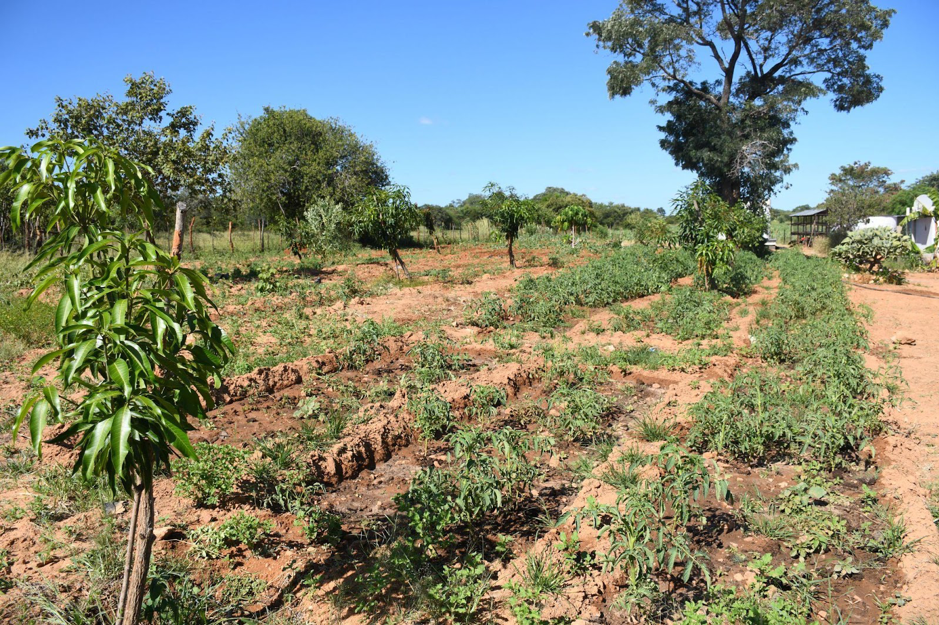
By Thomas Ndlovu.
Esther Ndlovu (44), a small-scale agroecology farmer from Filabusi in Matabeleland south province, says by ensuring that her on-farm activities give her different income streams, she is now guaranteed a sustainable income and can better withstand shocks.
Esther says before learning about agroecology and the advantages of diversification, she only grew sugar beans and maize because she thought that they were the only crops that could give her money. However, more often than not, her crops performed so poorly that her family was often food and income insecure.
“In previous years, I would plant maize and beans only. Most of the times my crops failed and this meant we had to struggle for food during the lean season,” says Esther.
Esther says it was through working with PELUM Zimbabwe partner, Zimbabwe Project Trust (ZimPro) that her eyes were opened to the potential that her one-hectare farm held if utilised in an agroecological manner. Esther received training from ZimPro on Agroecology and began implementing what she learned.
“We were trained on conserving the little water we have. That is when I set up my garden and started producing vegetables to supplement my family’s diet. I discovered that I could actually earn a living from it and I began a seedling garden to plant seeds to sell,” says Esther.
“I am growing more than twenty different types of vegetable seedlings such as chomolia, tsunga (mustard greens), onions, carrots, cabbage and tomatoes. The seeds I produce are one hundred percent organic, I do not use any chemicals which puts them at high demand. These seedlings are giving me an average income of twenty dollars per week which is enough to help me take care of my children,” she adds.
Simangani Dube (46) the village head says he feels inspired by Esther as she has exhibited that hard work pays. He also says farmers in drought prone areas should adopt agroecology as it is a sustainable practice.
“Agroecology has come as an answer to our problems. It has improved our lives and I would want to encourage more farmers like Esther to take up agroecology,” she says.
Bongani Mbedzi (53) the Agricultural Technical Extension (AGRITEX) Officer says the government is committed to working with agroecology famers to enhance food security.
“We are committed to training more farmers like Esther on the benefits and economic potential that agroecology has. Once farmers learn to alleviate household food insecurity, they will shift their focus to their economic needs,” she says.







